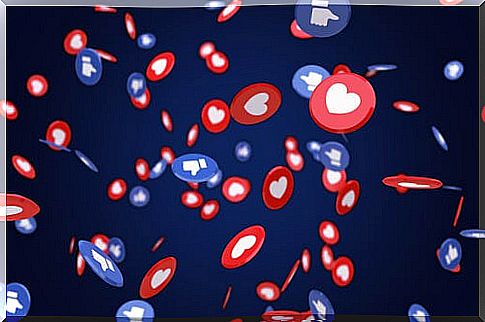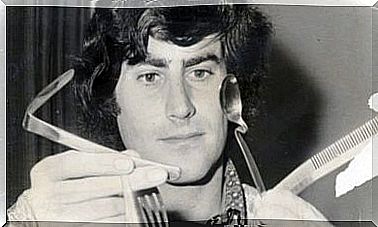Using Facebook Reduces Emotional Well-being

Social networks are one of the best inventions of recent years. In less than a decade, they have transformed the way we relate to each other and, in some way, our habits of life. Almost without realizing it, we have integrated them into our daily routine. And although there are many types, without a doubt the largest social network in the world is Facebook.
The project that began as a small page to allow university students to meet their fellow students, has become a fundamental piece of the lives of many people. From a platform to contact old friends to a fundamental strategy for an increasing number of businesses. Facebook has remained to be reached.
However, not everything is as beautiful as it seems at first glance. A study conducted by scientist Morten Tromholt of the University of Copenhagen in 2015 and published in the journal Cyberpsychology, Behavior, and Social Networking states that excessive use of Facebook negatively affects our emotional health.
Despite this, Facebook continues to occupy a central place in our daily lives. Now, should we be concerned about how we use this social network? Or on the contrary, is it just a false alarm? Science seems to indicate that we must learn to use it better. Let’s go deeper.
How does using Facebook reduce emotional well-being?
As we have said, excessive use of Facebook is linked to higher levels of emotional distress. Next, we will tell you how it influences us.
1- It makes us compare ourselves with others
If you use Facebook often, you know that most people do not use it to upload unimportant photos of their day to day. On the contrary, this social network is a showcase of the most incredible experiences that others experience. Something like a theater of happiness in which only what is thought to be most valued by others is shown and the likes are the applause of success.

Thus, every time we open Facebook, we can meet friends traveling the world with a backpack, people doing interesting activities, dream landscapes … And meanwhile, we are sitting at home, looking enviously at the lives of others.
Against this background, one of the most common behaviors is comparing yourself with others. The problem is that this comparison is not realistic because on Facebook we only see the best moments of other people’s lives. For this reason, if you feel that your life is not good enough when you are using Facebook, ask yourself if you are not using it too much.
2- It makes us apathetic
One of the most studied phenomena in psychology is learned helplessness. It refers to the feeling of incapacity that is experienced when you want to get out of a certain situation that causes discomfort and pain and is not achieved.
Some studies reveal that Facebook reduces people’s emotional well-being by showing them lots of horrible situations that they can’t do anything to change. For example, news about catastrophes, crimes, very negative personal situations … Hence, on many occasions we experience states of lack of motivation, interest and enthusiasm.
3- saturates us with information
As if the two previous points weren’t worrisome enough, in recent years a new variable has been investigated: the effect that excess information has on the brain.

Our minds evolved in an environment where information was scarce. Therefore, our brain is not prepared to work with the large amount of data that we can access in the modern world. For this reason, Facebook reduces the emotional well-being of its users by bombarding them with disjointed ideas, which make them apathetic and without energy after using it.
In addition, this excess of information can cause an increase in anxiety and stress levels in regular users of the social network. Even according to the journal Behavioral Brain Research , continued use of Facebook can reduce gray matter in the brain.
As we can see, the excessive use of Facebook has consequences that we can avoid if we make a conscious and moderate use of this social network. Therefore, if you notice that your attention is decreasing or that discomfort floods you every time you visit Facebook, perhaps a reduction in hours of this social network would be good for you.









